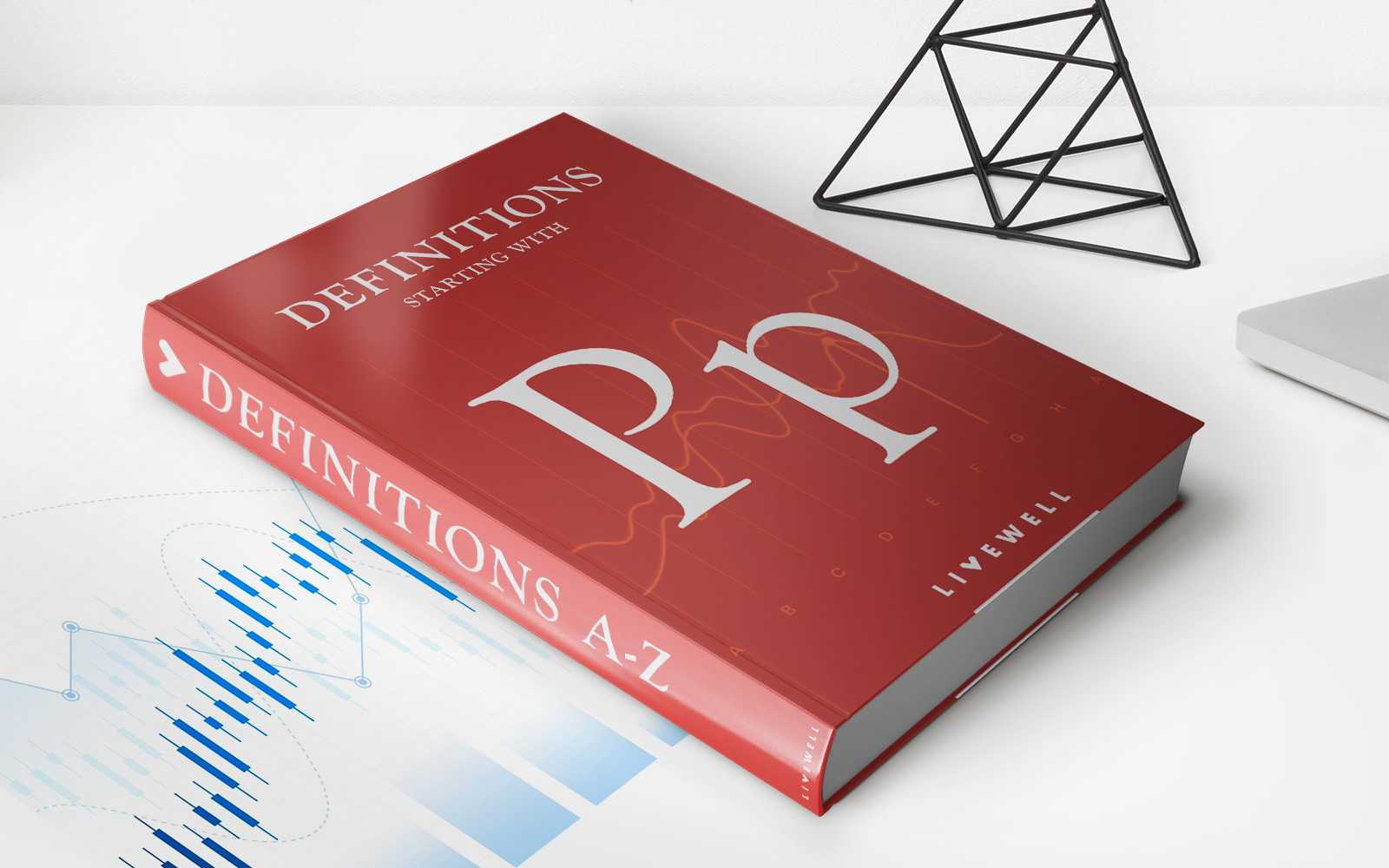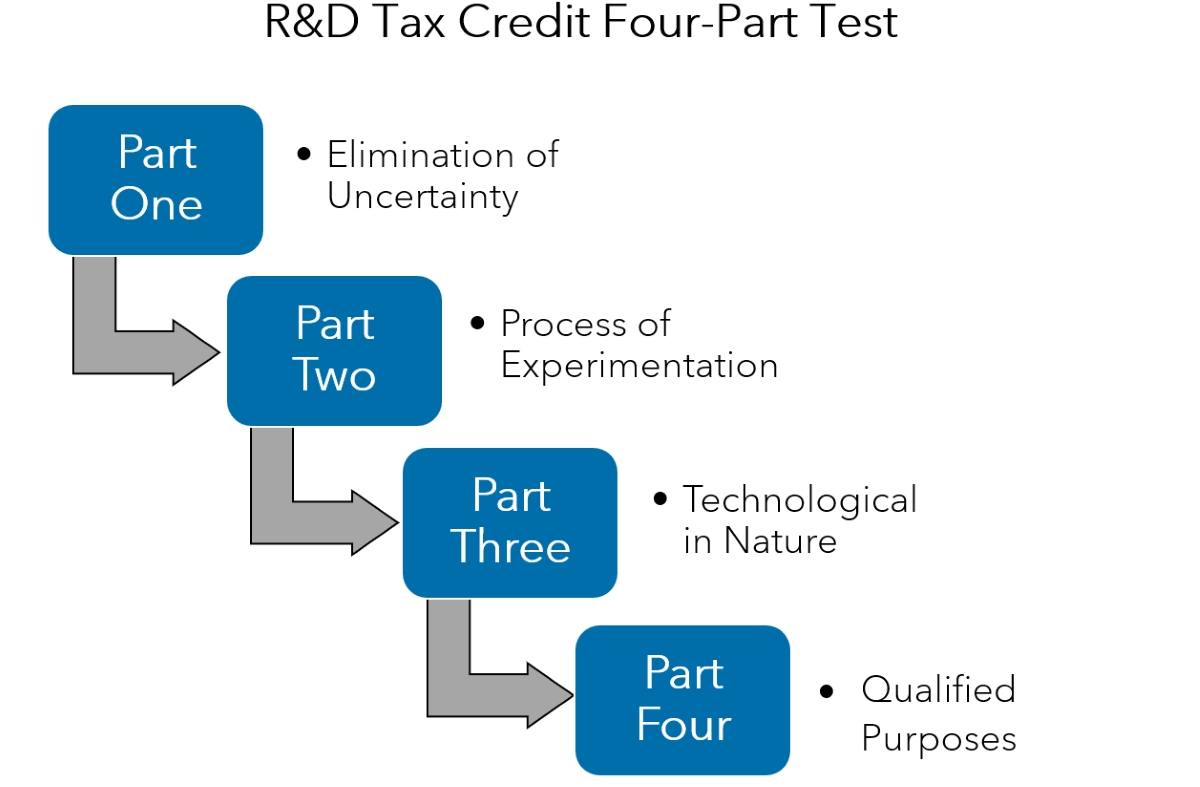Home>Finance>Non-Qualified Plan: Definition, How It Works, And 4 Major Types


Finance
Non-Qualified Plan: Definition, How It Works, And 4 Major Types
Published: January 1, 2024
Learn about non-qualified plans in finance – definition, how they work, and the 4 major types. Gain insights into these unique financial options.
(Many of the links in this article redirect to a specific reviewed product. Your purchase of these products through affiliate links helps to generate commission for LiveWell, at no extra cost. Learn more)
Understanding Non-Qualified Plans: What You Need to Know
When it comes to financial planning, understanding different types of investment strategies and retirement plans is essential. One lesser-known but significant approach is the Non-Qualified Plan. In this article, we will dive into the definition and inner workings of Non-Qualified Plans, as well as explore the four major types available.
Key Takeaways:
- Non-Qualified Plans are retirement plans that do not meet the requirements set out by the Internal Revenue Code.
- These plans offer benefits such as deferred taxation, flexibility, and customization options for high-income individuals.
What Are Non-Qualified Plans?
A Non-Qualified Plan is a type of retirement plan that does not meet specific requirements outlined by the Internal Revenue Code. Unlike traditional qualified plans like 401(k)s or IRAs, these plans do not provide the same tax benefits for both employers and employees. However, they offer unique advantages and flexibility that make them attractive to high-income individuals.
Non-Qualified Plans are typically offered by employers to retain top executives and highly compensated employees. These plans serve as supplemental benefits on top of traditional retirement plans and provide additional compensation options for select individuals.
How Do Non-Qualified Plans Work?
Non-Qualified Plans function differently from traditional retirement plans. Here’s a breakdown of how they work:
- Eligibility: Non-Qualified Plans are generally limited to key executives or high-income employees. Companies determine eligibility based on job roles and compensation thresholds.
- Contributions: Employers typically fund Non-Qualified Plans, although employees might have the option to contribute. Contributions are not tax-deductible for the employer.
- Taxation: One of the main advantages of Non-Qualified Plans is deferred taxation. Funds contributed to the plan, including any investment growth, are not taxable income for employees until they receive distributions.
- Distributions: Non-Qualified Plans allow for different distribution options. For example, employees might choose to receive a lump sum payout upon retirement or opt for scheduled payments over a specified period. The amount received is subject to taxation at that time.
4 Major Types of Non-Qualified Plans
There are several types of Non-Qualified Plans available to employers and employees. Here are four of the most common ones:
- Deferred Compensation Plans: These plans allow employees to defer a portion of their compensation until retirement or another specified event. The deferred amount is then distributed in the agreed-upon manner.
- Supplemental Executive Retirement Plans (SERPs): SERPs are designed to provide additional retirement benefits to key executives beyond what is offered in a qualified retirement plan. Employers fund SERPs and distribute benefits based on predetermined formulas.
- Executive Bonus Plans: In this type of plan, employers pay bonuses to select employees, which are then used to purchase life insurance policies. The premiums are typically non-deductible for the employer but tax-free for the employee.
- Split Dollar Life Insurance Plans: This plan involves employers and employees sharing the costs and benefits of a life insurance policy. The agreement outlines how the death benefit proceeds will be divided between the employer and the employee.
Conclusion
Non-Qualified Plans provide a unique avenue for high-income individuals to save for retirement while enjoying flexibility and customization options. Understanding the definition and inner workings of these plans is crucial when planning for your financial future.
Key Takeaways:
- Non-Qualified Plans offer benefits such as deferred taxation, flexibility, and customization options for high-income individuals.
- Four major types of Non-Qualified Plans include Deferred Compensation Plans, Supplemental Executive Retirement Plans (SERPs), Executive Bonus Plans, and Split Dollar Life Insurance Plans.
Whether you are an employer looking to attract top talent or an employee exploring retirement planning options, taking the time to understand Non-Qualified Plans can be a game-changer. Consult with a financial advisor or retirement planning expert to determine if a Non-Qualified Plan is the right fit for your unique circumstances.














